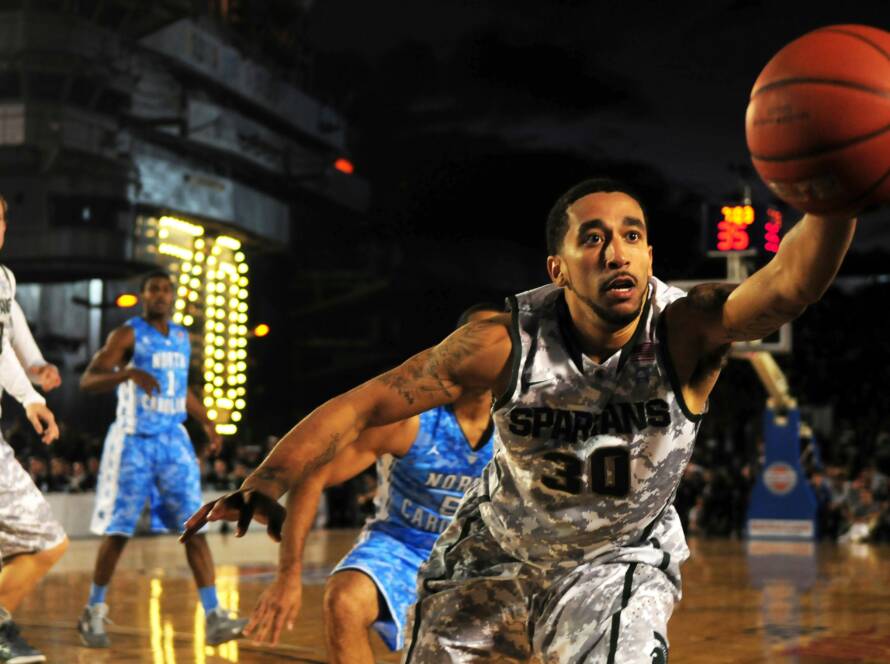In the world of professional sports, one unfortunate truth looms large—an athlete’s career can end in a heartbeat. It’s not just about fame and performance anymore. Today’s athletes must think like business owners, managing their brand, finances, and—most critically—their risk.
The High Cost of Injury
From torn ACLs to career-ending concussions, injuries can strike at any time. When they do, the ripple effects can be devastating. Professional athletes aren’t just losing playing time—they’re losing income, endorsements, and future opportunities.
Take this real-world example: A rising tennis star ranked in the top 20 suffers a shoulder injury and can’t play for 12 months. Without proper insurance, they may forfeit $1M+ in prize money, appearance fees, and sponsorships.


What Is Sports Disability Insurance?
Sports disability insurance protects athletes against the loss of income due to injury or illness. It’s essentially income protection, tailored for high-performance individuals whose bodies are their livelihoods.
Key coverage options often include:
- Temporary total disability: Covers short-term injuries
- Permanent total disability: Covers long-term or career-ending injuries
- Loss of value: For athletes with upcoming contracts that may be devalued due to injury
It’s Not Just for the Elite
Many think these policies are only for millionaires. But sports disability insurance is affordable and valuable even for mid-tier professionals. Whether you’re competing in minor leagues, developing circuits, or just signed your first big contract, the risk-reward ratio makes insurance a no-brainer.
Ask Yourself:
- What’s your current income stream?
- How long could you go without income?
- Do you have endorsement deals that hinge on performance?
- Do you have a plan B if your career ends tomorrow?
If any of those questions made you pause, it’s time to explore your options.
Be Proactive, Not Reactive
The best time to buy disability insurance? Before you need it. Once injured, your insurability drops, or you may be denied altogether. It’s smart financial planning—no different than having health insurance, savings, or a retirement account.
Athletes, what’s your plan if injury strikes?



